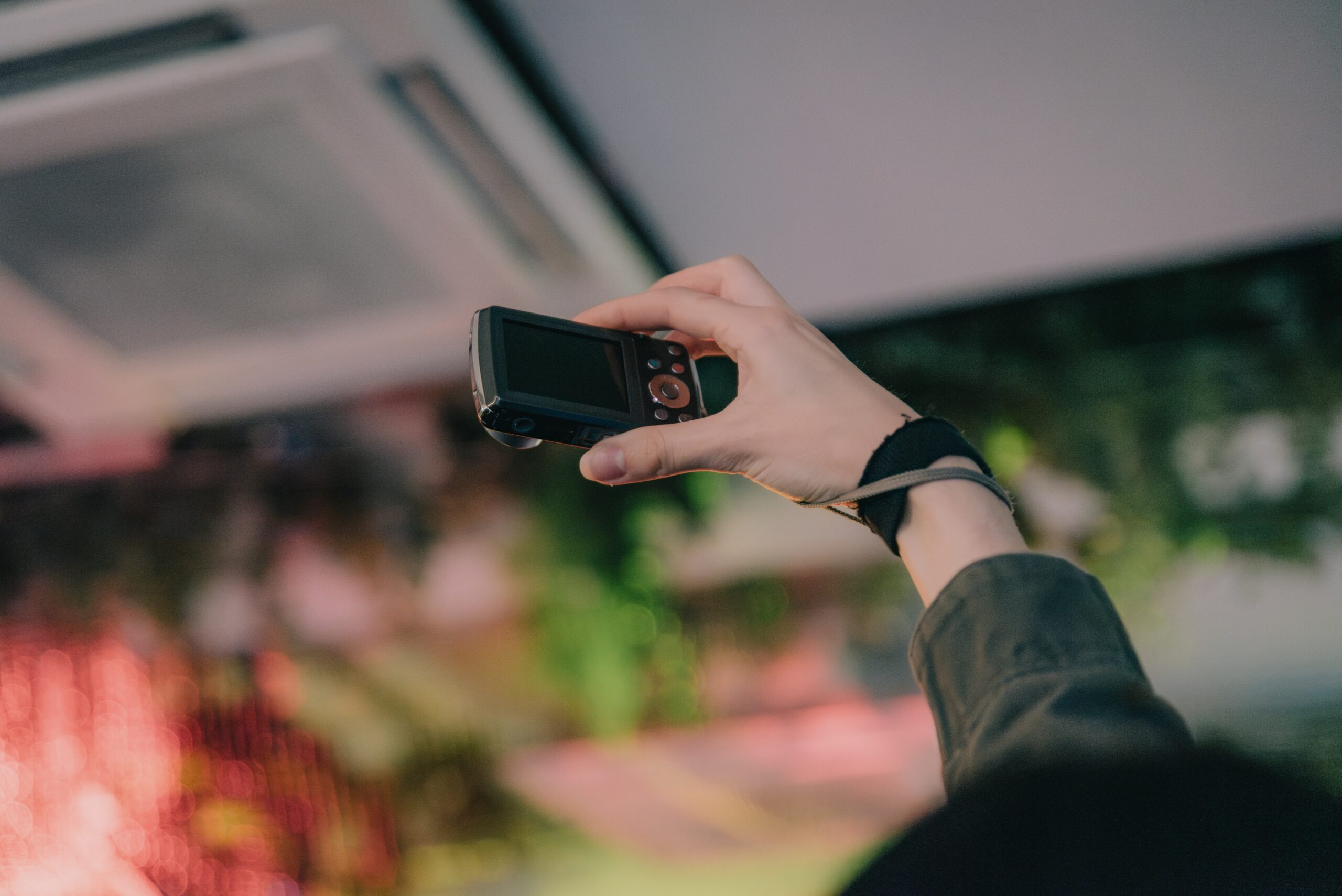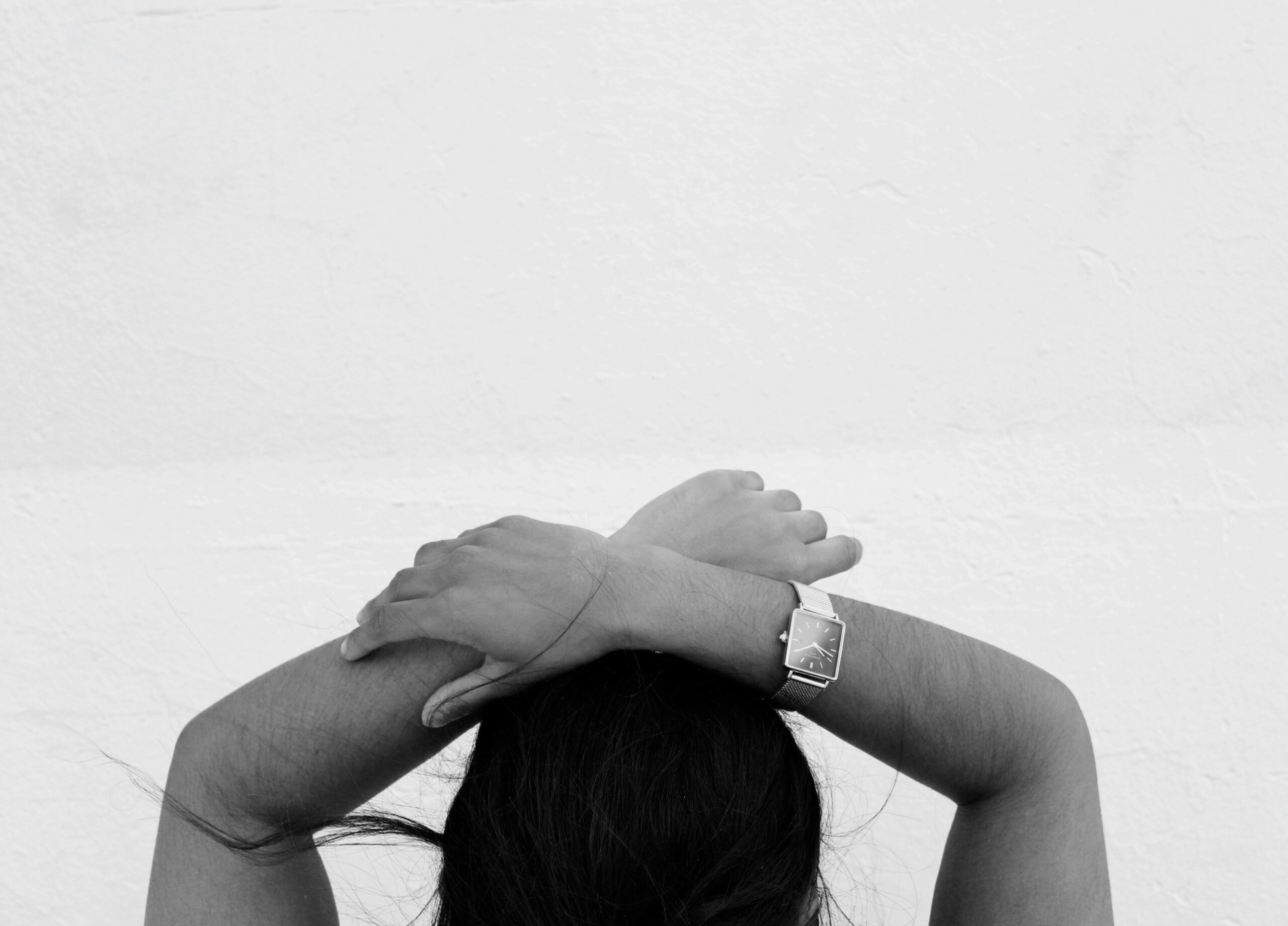Voyeurism Defence Solicitors
Being accused of a sexual offence such as voyeurism, upskirting, or downblousing is a deeply distressing experience. These are serious allegations under UK law, and a conviction can have lifelong consequences. At Richard Nelson LLP, our specialist criminal defence solicitors are here to provide expert legal advice and robust representation at every stage, from initial police interviews to court proceedings.

How our voyeurism defence lawyers can help you
Being accused of voyeurism or upskirting can feel deeply isolating and distressing. Our specialist sexual offence solicitors offer calm, discreet, and non-judgmental guidance from the very beginning.
We take swift action to protect your rights, clarify the legal process, and ensure that your version of events is heard with clarity, confidence, and dignity. Whether you're facing a police interview or preparing for court, we’re here to help you navigate every step with expertise and care.
Contact UsWhat is voyeurism?
Voyeurism is an offence under Section 67 of the Sexual Offences Act 2003. It typically involves observing or recording someone without their consent for sexual gratification. While it often occurs where the person has a reasonable expectation of privacy (such as bedrooms, bathrooms, or changing rooms), it can happen in any location, private or public.
Examples include:
- Filming someone through a window
- Installing a hidden camera in a bathroom
- Secretly recording intimate activities
- Taking photos or videos under clothing in public
What is upskirting?
Upskirting involves taking a photo or video under someone’s clothing without their consent. Since 2019, it has been a specific criminal offence under the Voyeurism (Offences) Act 2019. It applies regardless of the type of clothing and the location.
There are two key offences under the Act:
- Section 67A(1): Operating equipment beneath clothing to view genitals, buttocks, or underwear without consent, for sexual gratification or to humiliate, alarm, or distress the other person.
- Section 67A(2): Recording images under clothing without consent for the same purposes.
Both offences carry a maximum prison sentence of up to two years and may require registration on the sex offenders register.
What is downblousing?
Downblousing refers to the act of taking unauthorised photographs or video recordings down a person’s top or blouse, typically without her knowledge or consent. Unlike upskirting, which became a specific criminal offence in 2019, downblousing is not yet a distinct statutory offence. However, the police do still seek to prosecute this act under other existing laws.
Frequently asked questions about voyeurism
Is voyeurism illegal in the UK?
Yes. Under UK law, voyeurism is a criminal offence. Acts that invade someone’s privacy for sexual gratification, or to humiliate, alarm, or distress them, are punishable even if no physical contact occurs.
Voyeurism sentencing guidelines: What penalties could you face?
Sentencing for voyeurism offences varies based on factors such as intent, harm to the victim, use of recording equipment, and previous convictions. According to current voyeurism sentencing guidelines, penalties may include:
- Community orders with mandatory rehabilitation
- Fines or suspended sentences
- Up to 2 years’ imprisonment in serious cases
- Registration on the Sex Offenders Register
- Restraining orders or other court-imposed conditions
The voyeurism sentence you could face depends on the evidence presented and how effectively your case is defended.
Can you be prosecuted for attempted voyeurism?
Even if an act is interrupted or no images are found, attempted voyeurism can still be charged under the Criminal Attempts Act 1981. If intent can be shown and the steps taken are more than merely preparatory, the offence can still result in prosecution.

How can our voyuerism defence solicitors help
If you or someone you care about is under investigation or has been charged with voyeurism, upskirting, or downblousing, early legal intervention is essential. The sooner you speak to a specialist solicitor, the stronger your position will be in challenging the allegations.
We offer discreet, non-judgmental, and highly experienced legal support, tailored to the specifics of your case. Our team can help you with:
– Early legal advice during a police investigation
– Representation at police interviews (including voluntary interviews under caution)
– Bail advice and preparation for any conditions imposed
– Court representation in both the Magistrates’ and the Crown Court
– Challenging unlawful searches or digital evidence
We’re here to protect your rights and guide you through every stage with professionalism and care. Get in touch today for clear, confidential advice.
Specialist solicitors
Our multidisciplinary team is made up of specialists in a wide range of services, which means you'll always be represented by an expert in your area.
No-strings initial call
Get in touch to arrange a no-obligation, fully confidential call to discuss your case and work out if you want to continue.
Nationwide support
Speak to solicitors in one of our offices throughout England and Wales, or arrange calls and remote meetings.
97%
rated on 
Proudly proving excellence
Contact our legal advice specialists today.
Would you like to speak to one of our voyeurism defence solicitors?
Use the form on the right to get in touch with our team and arrange an initial call to discuss your situation. We will use this no-obligation, fully confidential initial call to learn more about your case and help you understand your options going forward.
"*" indicates required fields







